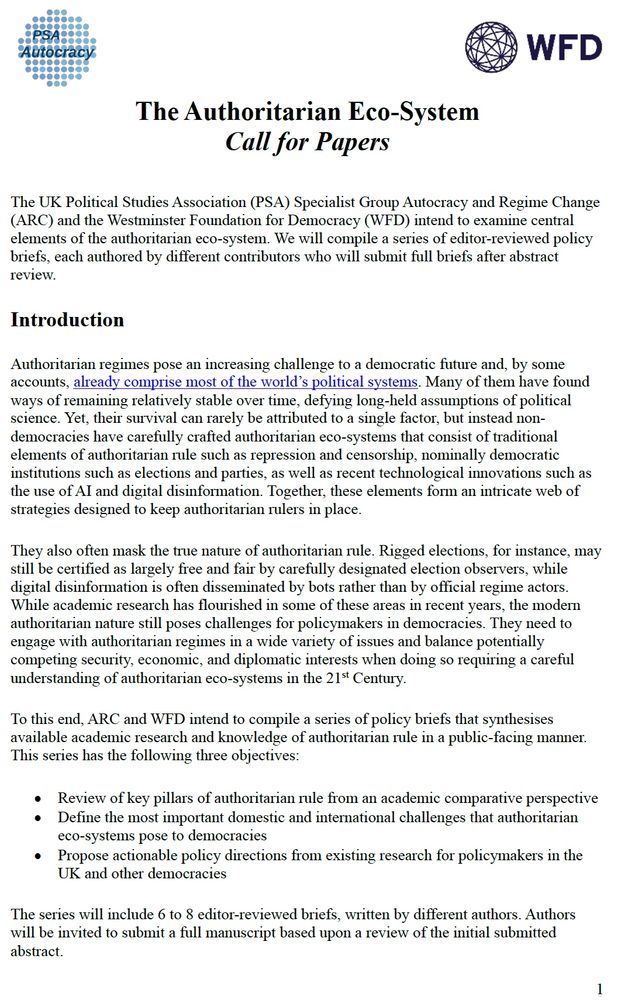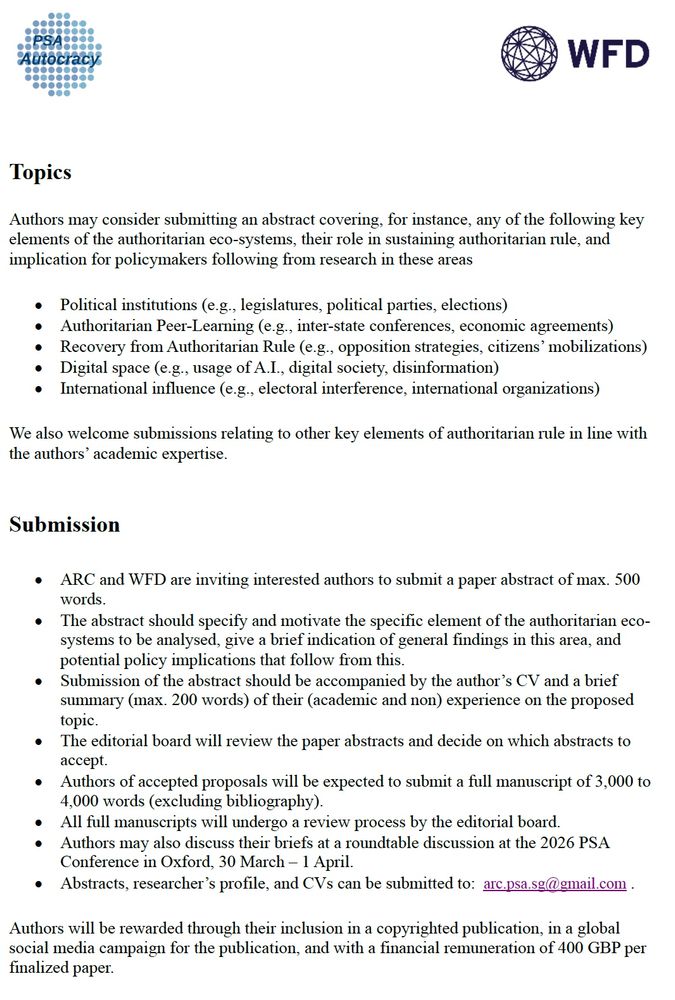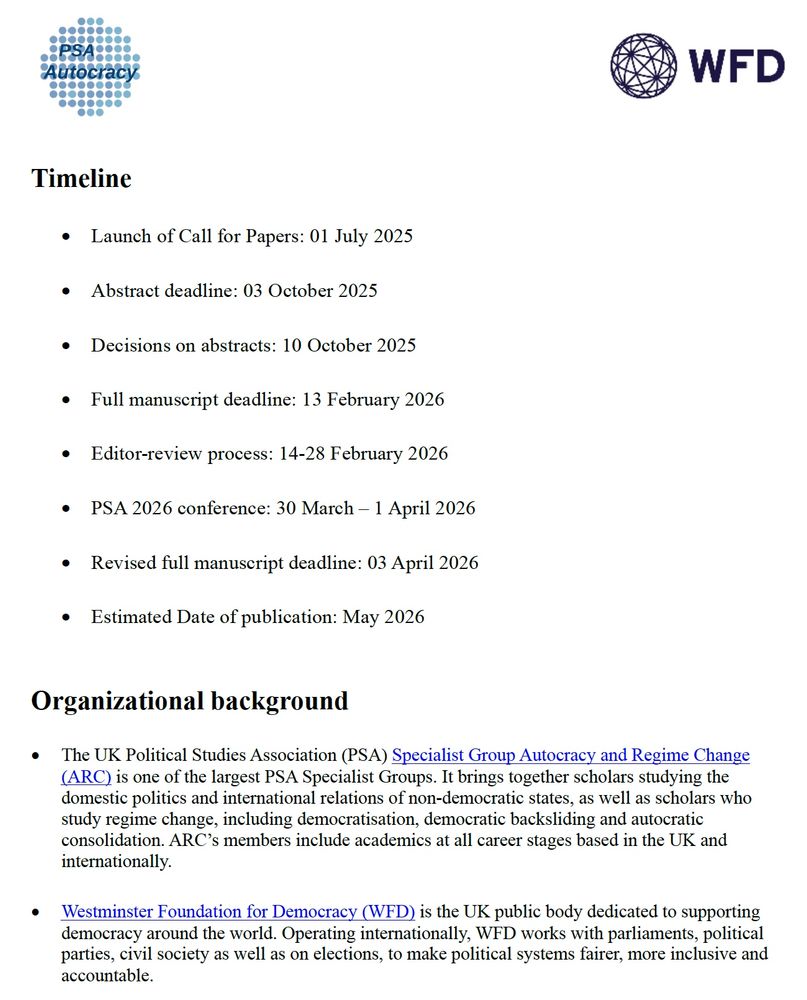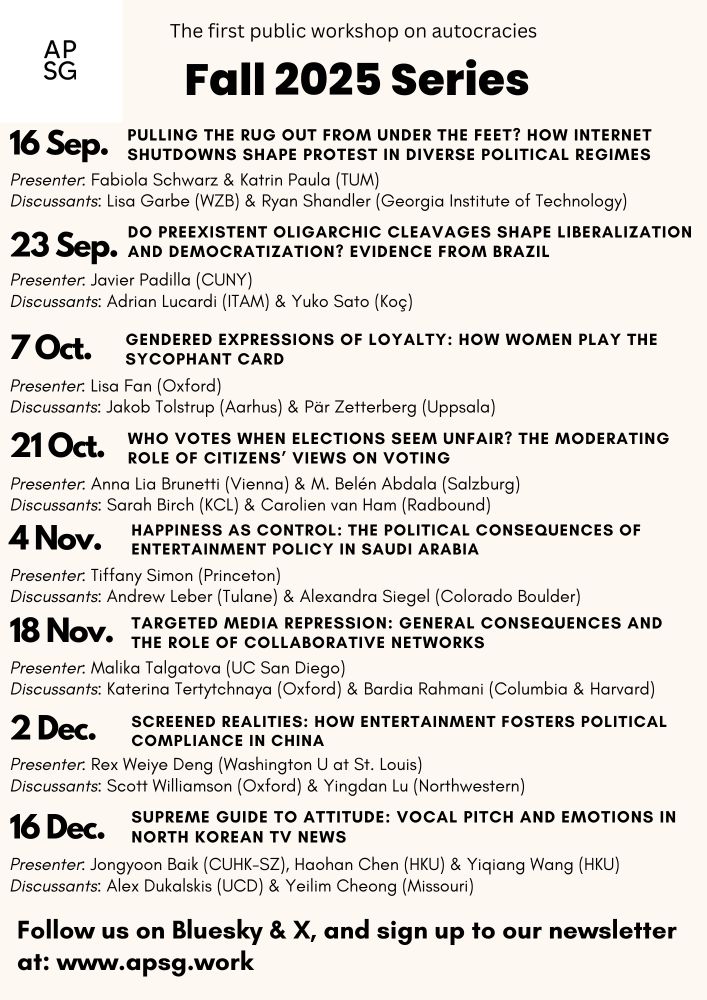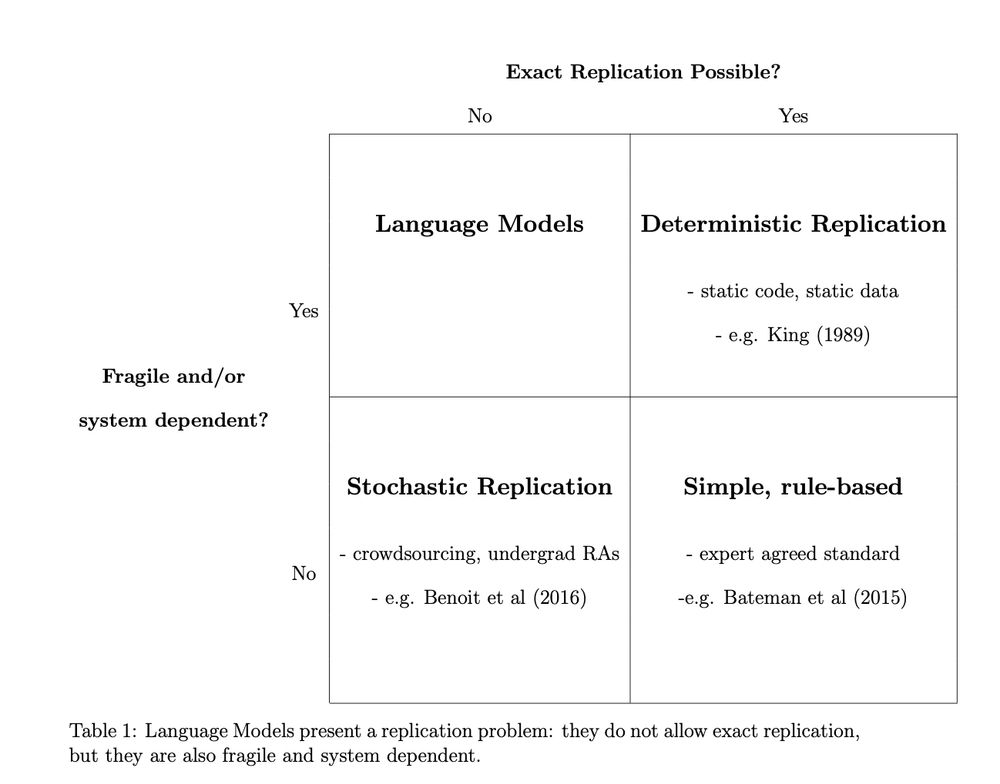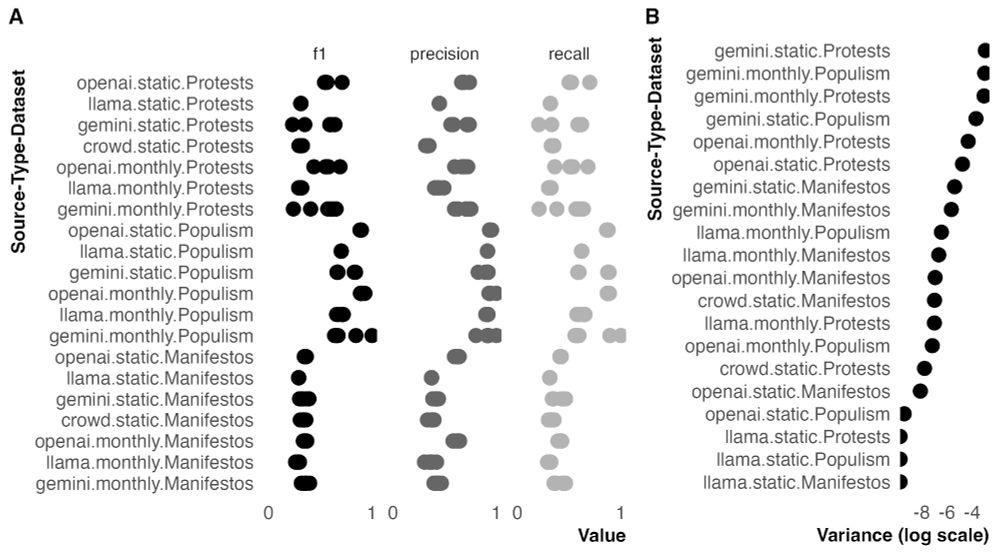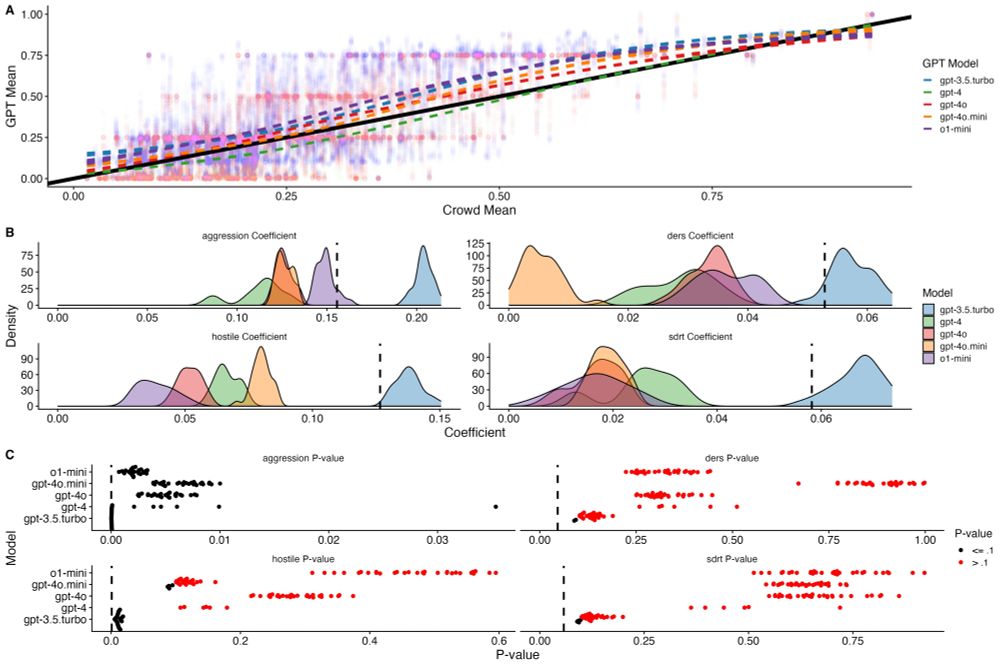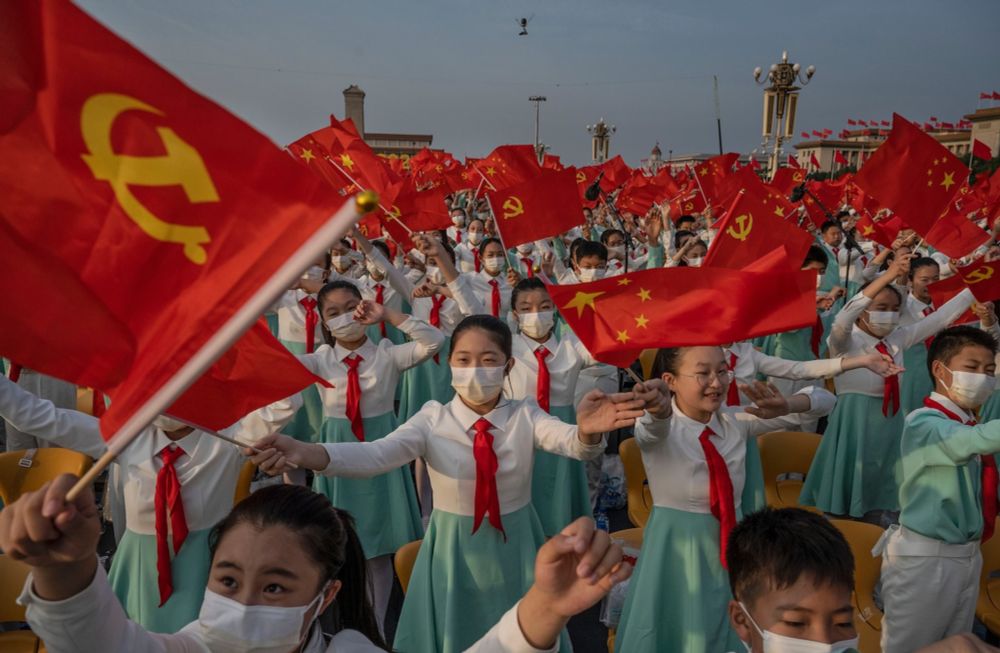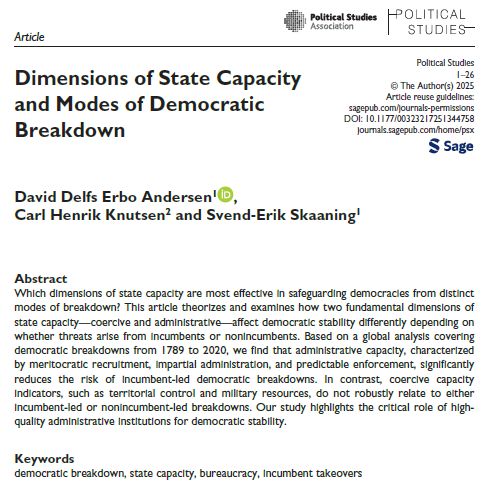Fabio Angiolillo
@fabioangiolillo.bsky.social
2.4K followers
590 following
110 posts
Jemolo Research Fellow Nuffield College, Oxford & Postdoc V-Dem Institute, University of Gothenburg
Comparative politics, autocracies, political parties | China & East Asian politics
Co-founder @apsgworkshop.bsky.social
https://www.fangiolillo.com
Posts
Media
Videos
Starter Packs
Reposted by Fabio Angiolillo
Reposted by Fabio Angiolillo
Reposted by Fabio Angiolillo
Reposted by Fabio Angiolillo
𝙅𝙖𝙘🍩𝙗 𝙉𝙮𝙧𝙪𝙥
@jacobnyrup.bsky.social
· Sep 4

Jacob Nyrup awarded EU funds to research political elites
- Department of Political Science
Jacob Nyrup from the Department of Political Science has been granted a substantial 18 million Norwegian kroner by the EU's research council to examine political elites in countries before and after d...
www.sv.uio.no
Reposted by Fabio Angiolillo
Reposted by Fabio Angiolillo
EPSS
@epssnet.bsky.social
· Aug 7
Reposted by Fabio Angiolillo
Tom Pepinsky
@tompepinsky.com
· Aug 1
Reposted by Fabio Angiolillo
Reposted by Fabio Angiolillo
Reposted by Fabio Angiolillo



